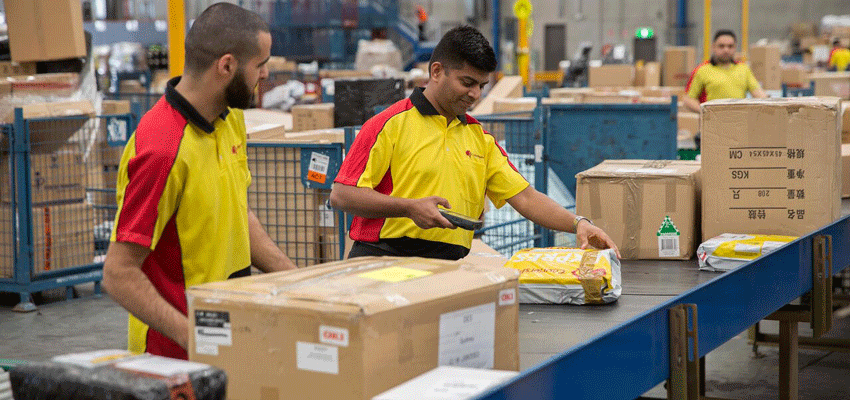WHOLESALERS and retailers in areas such as fashion have felt the effects of China “shutting shop”, CouriersPlease chief transformation officer Jessica Ip says.
China implemented a lockdown in the city of Wuhan in order to halt the spread of coronavirus as well as implementing restrictions elsewhere and while these moves appears to have been successful, they came at a cost.
“Fashion brands would usually be pushing out their autumn/winter stock around this time, but instead, many are holding back what remaining stock they have left and pushing it out slowly,” Ms Ip said.
“New product hasn’t arrived in the country due to factories and ports closing, with some still in the production phase. This has been made all the more difficult, with the Chinese New Year closures between January and February each year, so brands are essentially feeling that operations haven’t happened since the start of the year.”
Ms Ip said port closures in China also had seen many retailers turn to air freight to get their stock into Australia, but this was more costly.
“What might usually cost about $2 per kg is now costing around $10 per kg. To make matters worse, airlines have significantly cut back their international flights in and out of Asia,” she said.
“While these are passenger flights, the belly of the planes carry goods, so there are also fewer planes taking stock to Australia. Supply of international goods is becoming limited.”

Ms Ip said the loss of retail sales due to limited stock, in addition to paying higher costs to get stock into the country, will would see businesses facing challenges.
“The retail industry was already suffering before coronavirus, and their margins have been tight,” she said.
“Some retailers are pushed to breaking point as a result of paying higher costs to move stock.
“Among those retailers who are unable pay for air freight, we’ll start to see stock run very low by June as they won’t be able to stretch their existing inventory to last the next three months. This has a ripple effect, and some businesses will be forced to make redundancies.”
Ms Ip predicted a change in consumer shopping habits ahead.
“We can see people cutting back on non-essential items, with the retail sector feeling the primary effects, and logistics and courier companies feeling the secondary effects as they have lower volumes to fulfil,” she said.
“Software and technology providers are non-directly impacted, mainly those built on a per-transaction model. For example, logistics companies use software to track and process their orders, with some software platforms paid per transaction.”
Ms Ip said some companies had received a boost from coronavirus.
“The sales of toilet paper and hygiene items are going through the roof right now as people stock up in preparation for the worst,” she said.
“One of our customers, toilet paper supplier Who Gives a Crap, has sold four times more product over this period than usual, to the point that they’ve sold out. “As a result, our franchisees and delivery drivers have had an influx of jobs.”

